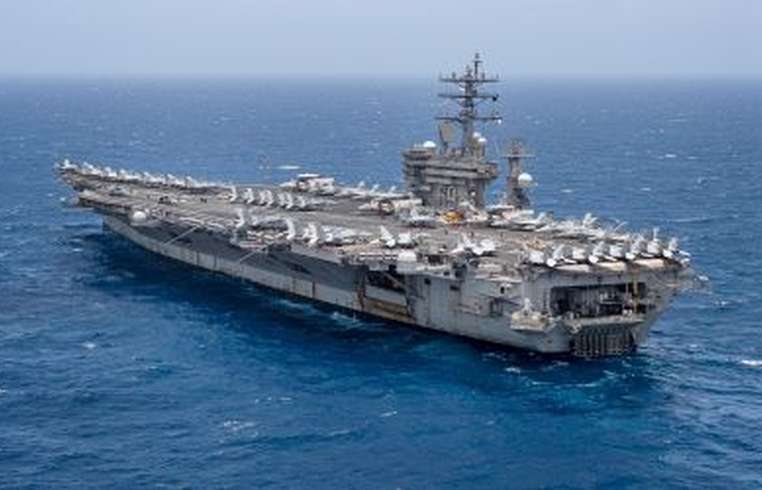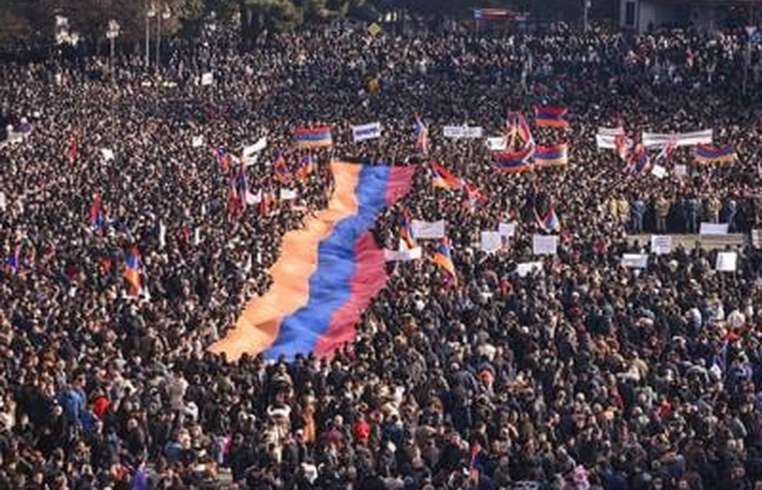
News - US increasing military presence in Middle East
Business Strategy
US increasing military presence in Middle East

The United States is bolstering its firepower in the Middle East to prevent the spread of the conflict between Israel and Hamas and deter Iran from getting involved, Reuters reported. The newest U.S. aircraft carrier—and the world's largest—is already in the eastern Mediterranean and set to be joined by a second U.S. aircraft carrier in the next 10 days. U.S. military assets would be in place to provide air support to protect U.S. national security interests if needed. The U.S. also has an array of bases in the Middle East with troops, fighter aircraft, and warships. U.S. Secretary of State Antony Blinken—speaking in Cairo on Sunday after days of Middle East shuttle diplomacy—delivered a blunt message and a veiled warning to U.S. foe Iran: "When it comes to Israel security, we have Israel's back." He said the deployment of two aircraft carrier strike groups was "just to send a very clear message of deterrence." International diplomacy has been focused on preventing a spill over of the conflict—particularly into Lebanon. The Israeli military has also clashed on the Lebanese border with the Iran-backed, heavily armed Hezbollah group. When asked if the United States could provide air support in northern Israel, White House national security spokesperson John Kirby said: "No plans or intentions at this time." "That said, we take our national security interests seriously and we have ample military force in the region to protect and defend those interests as needed," Kirby added. Any decision to launch military action in the Middle East would come from U.S. President Joe Biden, a Democrat, himself. Such a move already has some Republican support. Senator Lindsey Graham, an influential Republican voice on national security affairs, told Reuters on Sunday he would propose that Congress authorize a U.S. attack on Iran's oil industry if "a second front is opened in the north" of Israel. "If there's an effort by Hezbolllah to unleash a massive attack on Israel, the Iranians should pay a heavy price for that," he said. U.S. Defense Secretary Lloyd Austin said last week the United States had seen no indications that Lebanon's Hezbollah militants were amassing to potentially attack Israel. And two U.S. officials, speaking on the condition of anonymity, said the naval ships in the region were truly meant as a show of force and to give Biden options in the future if needed, rather than some certain plan for the U.S. to get involved.






